





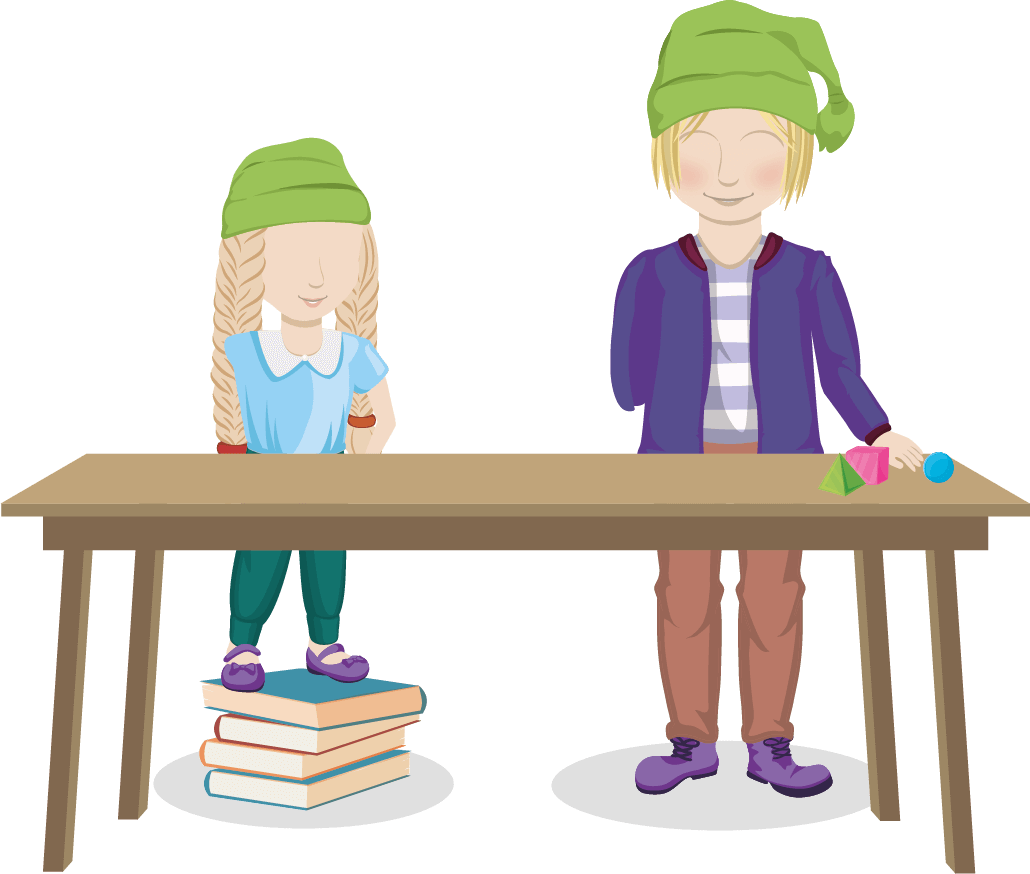














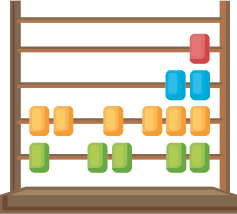


During the first three years of life, children experience the most intense psychological and physical growth of their lives. Their brains absorb more information from the environment than at any other part of their lifetime. Every sight, sound, touch, taste, and smell are taken in and processed. It is an amazing, wondrous period in a tiny human being’s life. With this in mind, our Montessori-inspired Toddler learning space - along with the adjacent Sensory Room – have been equipped with original Montessori, Waldorf and other high-end learning materials, which encourage exploration, foster cognitive development, stimulate social and emotional growth, and support the acquisition and mastery of new skills. Children have the freedom to choose what materials they are interested in. Our Montessori teachers guide and support children’s learning throughout those activities, help them gain confidence and independence, discover their own potential as well as their place within a community.
Tots & Twos are capable of so much more, if we give them the time to accomplish tasks of their choice and in their own time. Let’s keep in mind that kids learn best with hands-on experiences, not memorization or drill practice! Therefore, rather than teach un-natural, separate 'school subjects', our Refine Your Skills Tables as well as our Tots & Twos Academyintegrate the acquisition of knowledge and skills. While our Refine Your Skills Tables offer self-directed activities like puzzles, stacking materials, wooden cutting sets and so forth, our Montessori-inspired Tots & Twos Academy – as well as the generic Tots Academy - proposes a multitude of meaningful thematic & non-thematic learning activities that promote intellectual development, foster creative expression, assist language development, form the mathematical mind, develop strong practical life, fine-motor and problem-solving skills, and lay the foundation for emotional awareness and interpersonal skills, which are significant factors for social development and successful relationships. In line with Montessori principles, children are free to choose and execute activities independently and/or with minimal intervention from our staff. This way of learning is engaging, reflects how we learn in the real world, and lets kids make strong links across topics and subjects.
RIE (pronounced “rye”) stands for “Resources for Infant Educarers.” This approach was founded in 1978 by world-renowned child therapist and infant specialist Magda Gerber. Gerber asked us to see babies with “new eyes”. She emphasized that young children are not mini-adults, empty vessels or objects to be moved at will from one place to another, but are highly conscious, intelligent, capable human beings, and therefore should be treated with respect and trust in their abilities to develop naturally at their own pace. Gerber pointed out that babies and young children are basically self-learners and are internally motivated to learn the things they need to learn. This means, we don’t need to device elaborate lessons for a baby or feel pressured by developmental timetables. Whatever a healthy infant or toddler chooses to do in his safe environment is the perfect curriculum for him on any particular day. By holding back our impulse to entertain, direct, or otherwise intervene when a child plays, we provide our babies with the greatest gift of all trust and freedom…. All we need to provide is the foundation of a secure, authentic relationship with a caring adult, authentic communication as well as a safe environment conducive to exploration and discovery. So, while during our weekly RIETM-inspired Parents & Baby Playgroup with Petrababies can explore simple materials, engage with other babies or just simply watch or ponder, parents can let go of ‘doing’, observe and learn more about their babies, listen to their feelings without judgment, and empty their minds to revel in the moment.
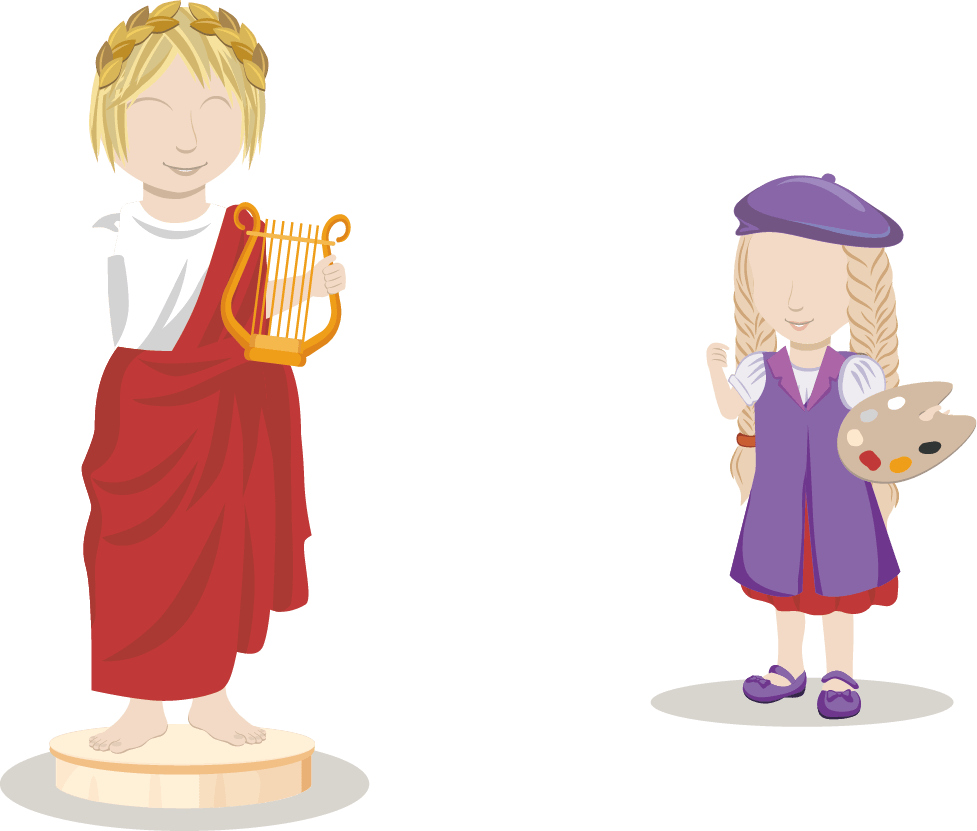










Creativity is increasingly considered one of the most important factors for success. Art is naturally linked to creativity and is an especially fun way to foster children’s self-expression, problem-solving abilities, fine-motor skills, connection with others, and a greater understanding of themselves and the world. By introducing art on a regular basis at a young age, we're setting them up with lifelong skills in many areas, and the best part is, there's no "right and wrong" in art so everyone succeeds! In these younger years, just as we help children become literate and numerate, we also have a responsibility to help them to express themselves visually. However, a delicate balance exists between fostering children’s creativity and structuring their development of skills in visual conventions. Given above, our Reggio-inspired Art Adventures Lab provides little budding artists with authentic opportunities to make and create. Whether through painting, drawing, working with clay, print-making or collaging, children are encouraged to express their ideas and interests, and use their hands and hearts to create art that is unique and meaningful to them. Individually or in a group, children can investigate and experiment with artistic & non-artistic tools, discover the arty potential of found, recycled & natural materials, delight in the discovery of a wide spectrum of art techniques as well as in creating crafty projects. “When children explore art ideas, they are testing possibilities and working through challenges, much like a scientist who experiments and finds solutions. Art allows children to make their own assessments, while also teaching them that a problem may have more than one answer. Instead of following specific rules or directions, the child’s brain becomes engaged in the discovery of “how” and “why.” (MaryAnn Kohl)
In 1972, architect Simon Nicholson developed the Theory of Loose Parts - the idea that loose parts-materials, which can be moved around, designed and redesigned, and tinkered with - create infinitely more opportunities for creative engagement than static materials and settings. An environment which is rich in open-ended materials (blocks & pattern blocks) and real materials (stones, twigs, corks, lids etc.), invokes children to experiment, engage, construct and invent; invites them to tinker, to manipulate and to play. Loose Parts Play, aka Tiny Treasures Play, offers children creative and valuable learning experience, freedom to explore, take apart and put back together any creation they can think of. Nicholson believed that creativity was not for the gifted few, that all children are born as creative beings, curious about the world and keen to experiment and discover new things. “Children learn most readily and easily in a laboratory-type environment where they can experiment, enjoy and find out things for themselves.” Well, in our Tiny Treasure Lab, we certainly tip the scales in favor of the child and leave plenty of room for invention, construction, joy and creativity.





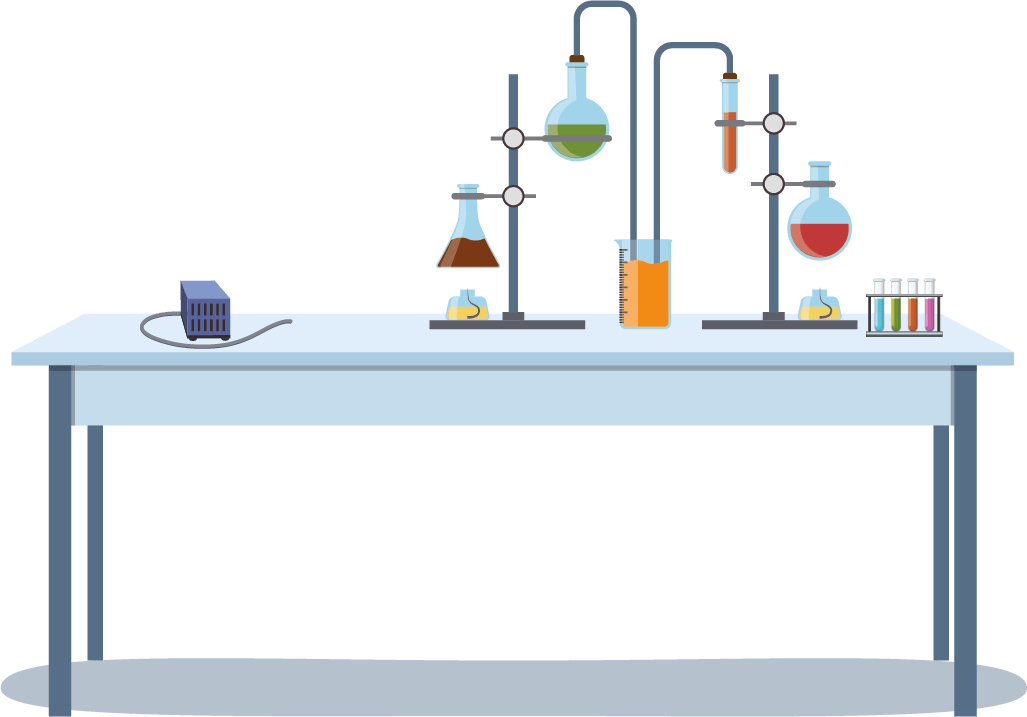




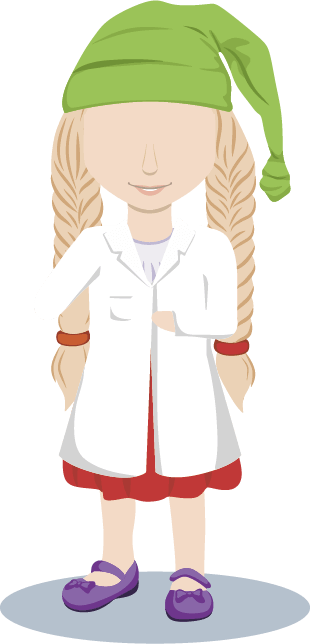






Science surrounds us, inside and out. Well, kids are natural scientists! They love to ask questions, to investigate things, to come up with ideas to test things, and to tell us what they find out. In short, kids are curious and always looking to explore, discover, check out, and experiment to find out why things do what they do, move like they move, or change as they change! Therefore, science activities are awesome for young kids! Our weekly Fizz, Pop, Bang!Science Lab as well as ourSlime Lab cater to children’s innate curiosity and love for learning via engaging, visually stimulating, hands-on, and sensory-rich science activities for discovery and exploration! So, let’s open our kitchen cabinets and stir-up some amazing experiments that use common household ingredients. Our young scientists will have a blast making slime, cooking up their own art supplies from scratch, blowing up a balloon with vinegar and baking soda, discovering the layers of the earth with Playdough, and so forth. It’s never too early to step into Einstein’s shoes!
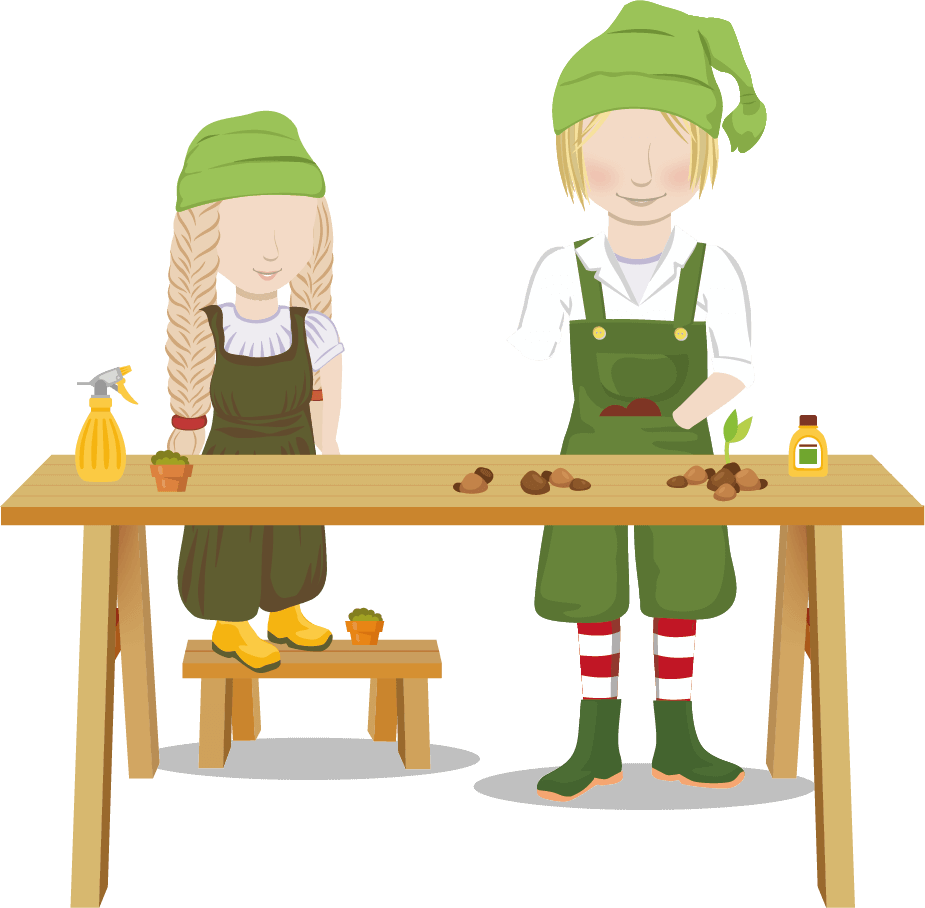




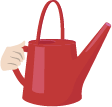





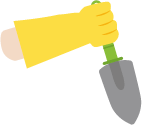



Kids today are so connected to gadgets and screens that most of them don’t know anything about the natural world anymore except through television and other devices. Come to think of it, even we are often pretty out of touch with nature too, aren’t we? However, since we are all children of Mother Nature, it might be time to get our kids off the couch and start acquainting them with nature on a more regular basis. Why? Well, because it has tremendous benefits for their all-over development. First of all, smelling the flowers, touching the earth, feeling the wind, listening to the waves, dancing like the butterfly floating by is magical in itself! Secondly, nature offers infinite ways to support children’s’ cognitive, physical, and emotional development. It provides countless opportunities for hands-on learning experiences and discoveries. Our Nature Lab introduces children to a wide spectrum of nature learning and sensory exploration, which in turn helps foster a love of nature in our kids as well as respect for all living things and the environment.

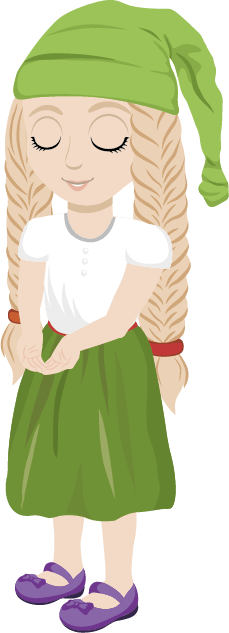



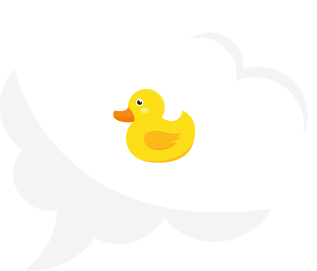









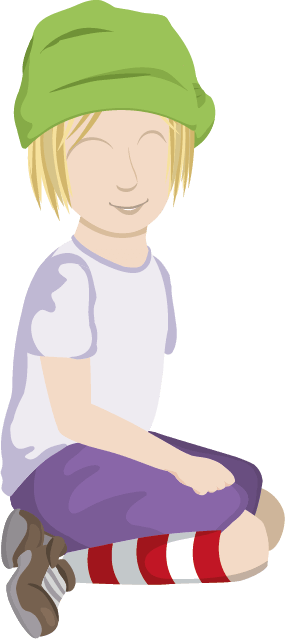


It’s no secret that young children learn best through their senses. Sensory play includes any activity that stimulates the young child’s senses: touch, smell, taste, sight and hearing. Stimulating neural pathways through sensory experiences is a crucial part of a child’s early brain development.Sensory play supports language development, cognitive growth, fine and gross motor skills, problem solving skills, and social interaction. Stimulating neural pathways through sensory experiences is a crucial part of kids’ early brain development. Sensory play helps children to develop and improve to work cooperatively and collaboratively, use all their senses to discover and explore their environment, develop hand-eye coordination, imagination, creative thinking and the ability to problem solve and experiment with solutions. During our bi-weeklySensory Lab children are invited to fully explore and learn through a rich variety of textures, sounds and sensations. Even though at times messy, Sensory Play is a marvelous way for children to explore and make sense of the world they live in via all their senses!
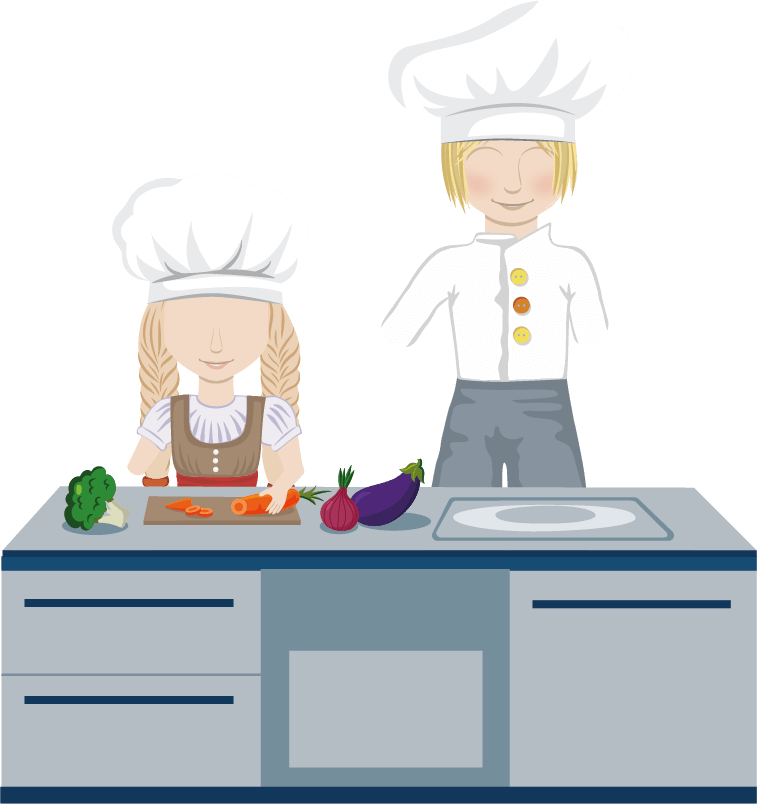





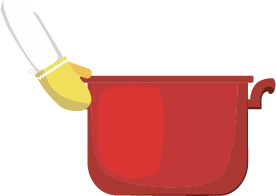




Our engaging, hands-on Cooking Classes introduce children to simple and tasty food recipes. Our little master chefs will taste, smell and touch ingredients, learn about the origin of produce and how to follow instructions, perform basic cooking tasks (measuring, cutting, mixing, sifting etc.), help operate electric appliances, and work cooperatively. In the process, they will not only improve their vocabulary, hand-eye coordination, fine-motor skills, concentration and patience, but also will become more curious about tasting and eating a variety of foods – not only chocolate and pasta!
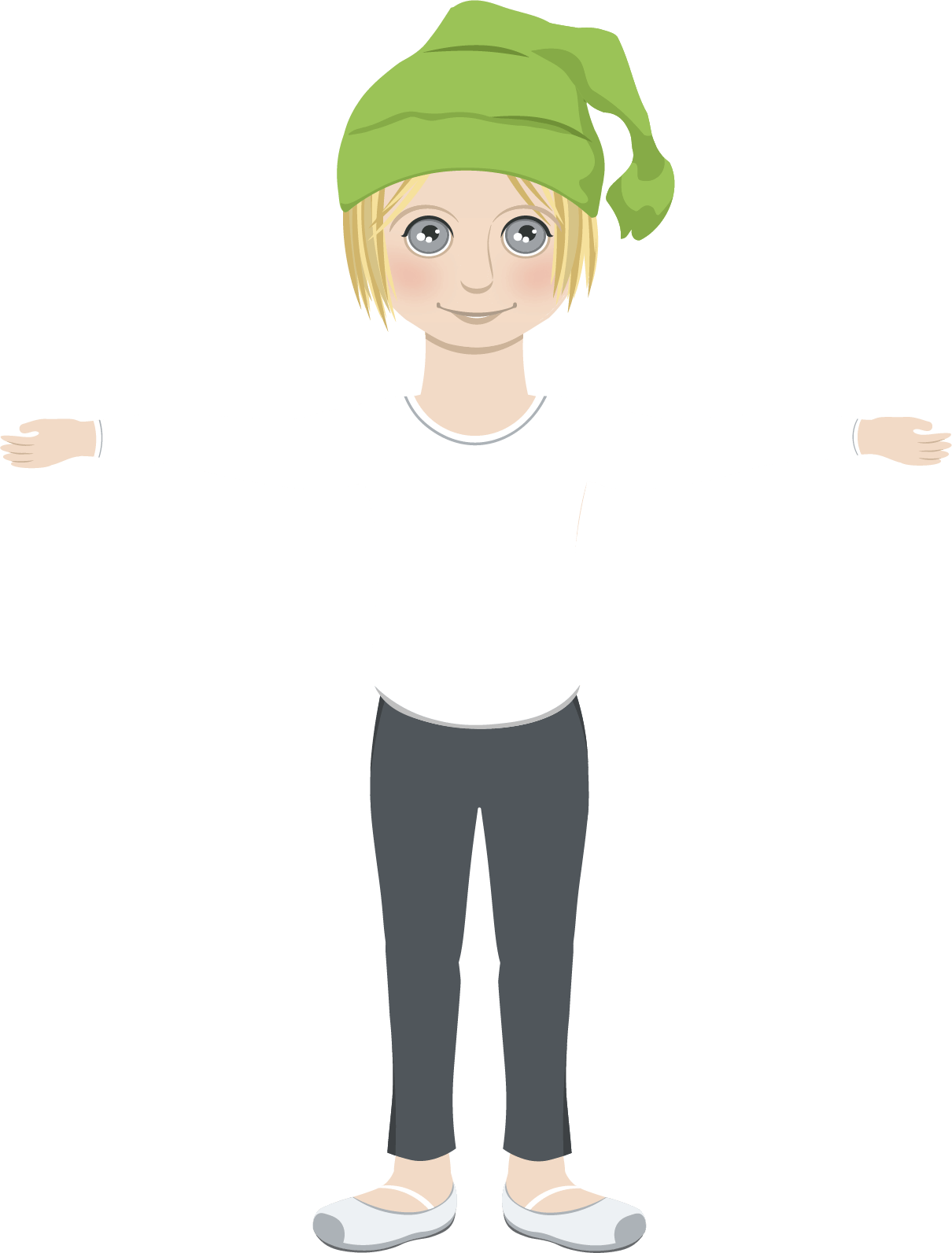
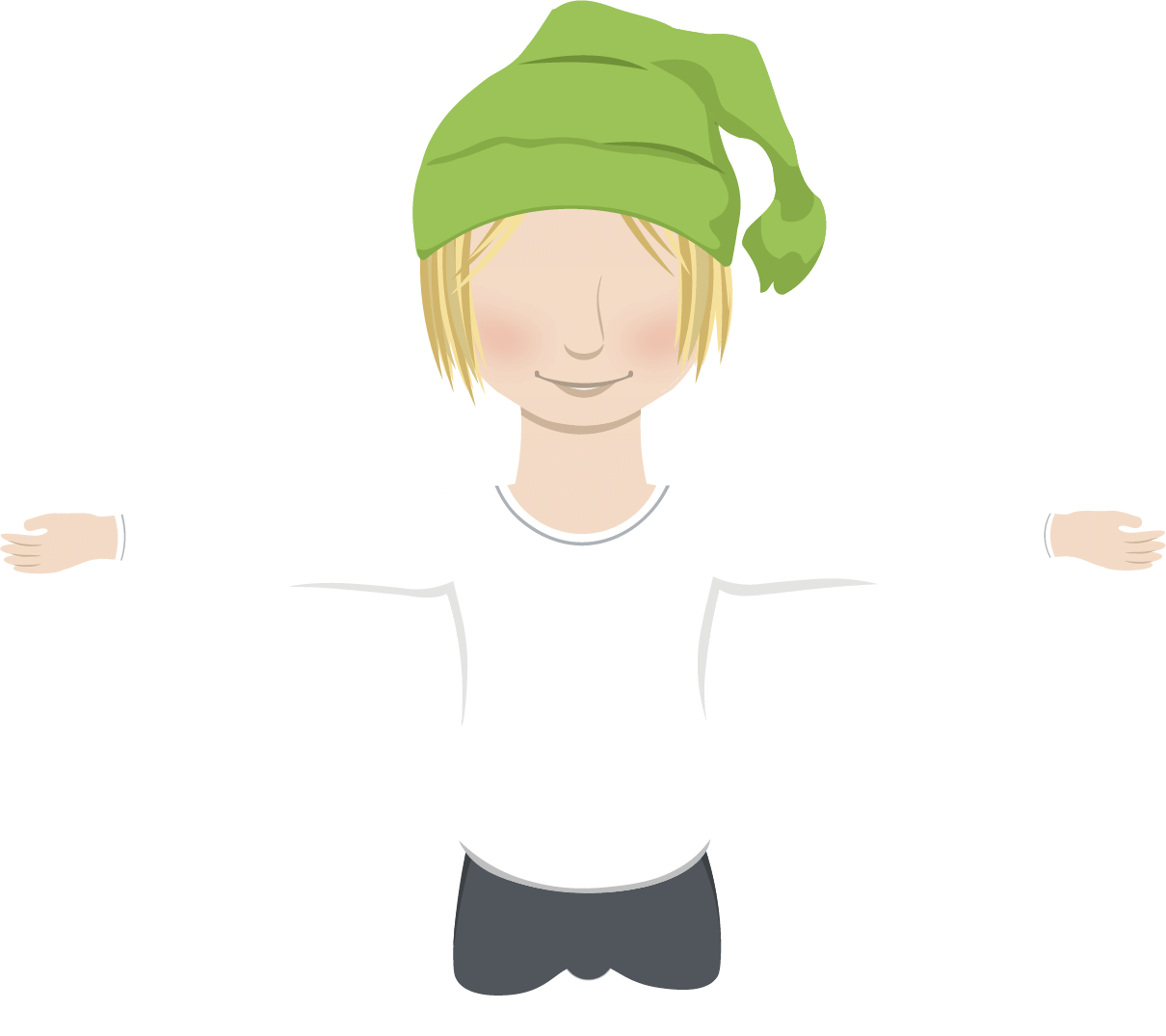





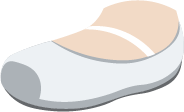


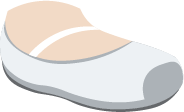
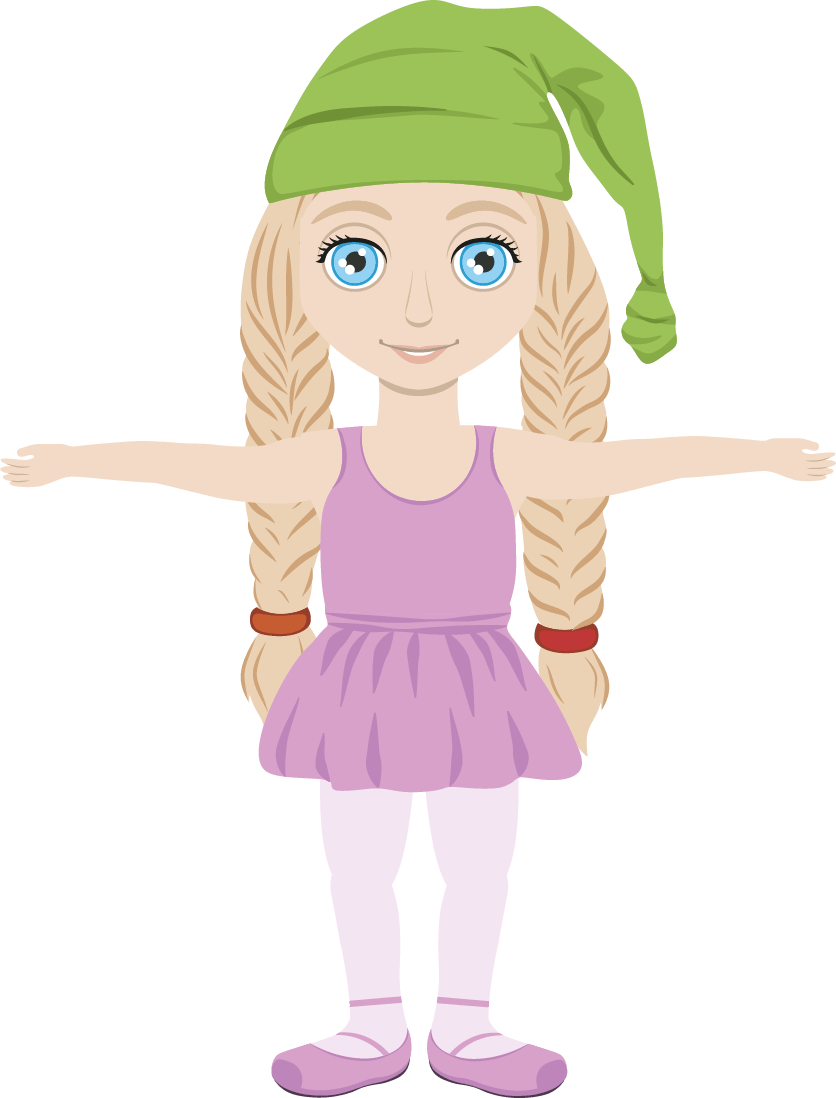


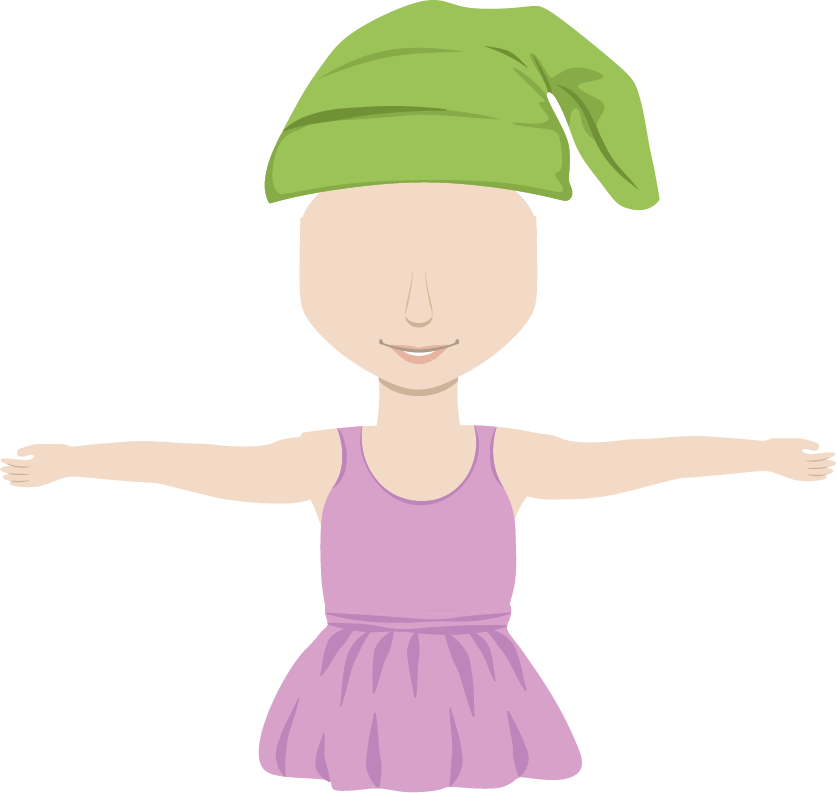









Our Ballet Program has several key features, which magically transform kids into talented ballet dancers.
It consists of the following exercises:
-Free exercises, which are the basic element of every class. Regularity and practice trains kids’ physical stamina helping them to move to more complex exercises. Such exercises form physical platform for future professional ballet.
-Posture. Accent on the straight back and exercises for careful building of back muscles will help to form the child’s correct posture. Eventually, keeping the back straight will become good habit.
-Exercises for arms and legs. Gradually, the teacher introduces the entire set of exercises for arms and legs. They will help to form and develop the muscles correctly and make them stronger. Exercises for legs make a positive effect on the Achilles tendon and legs’ line sculpture. Moreover, the set of exercises helps to improve coordination.
-Music. A sense of rhythm is an important element of ballet. Kids will learn to plunge into the sounds of music to catch its pulse. Recognition of the musical rhythm is followed by physical liberation and there appears to be an intuitive capability to reproduce feelings and emotions through movement.

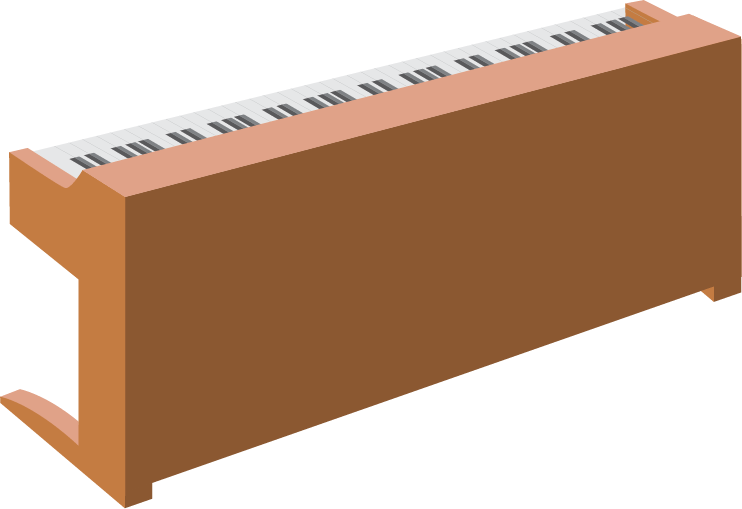




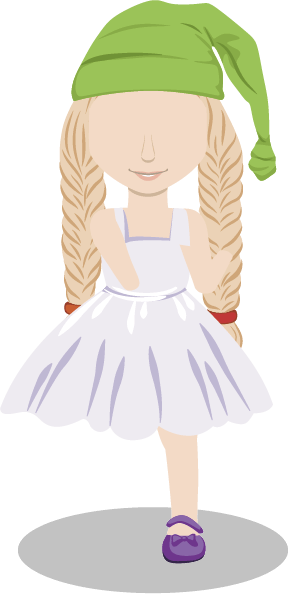


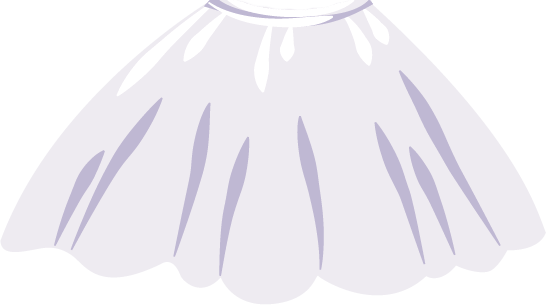




Our Music & Movement Lab presents traditional nursery rhymes along with lots of opportunities to practice and refine gross motor skills. Children are encouraged to sing along, explore a range of musical instruments, follow a series of fun activities that help them to coordinate their bodies and minds, and in the process burn lots of energy.
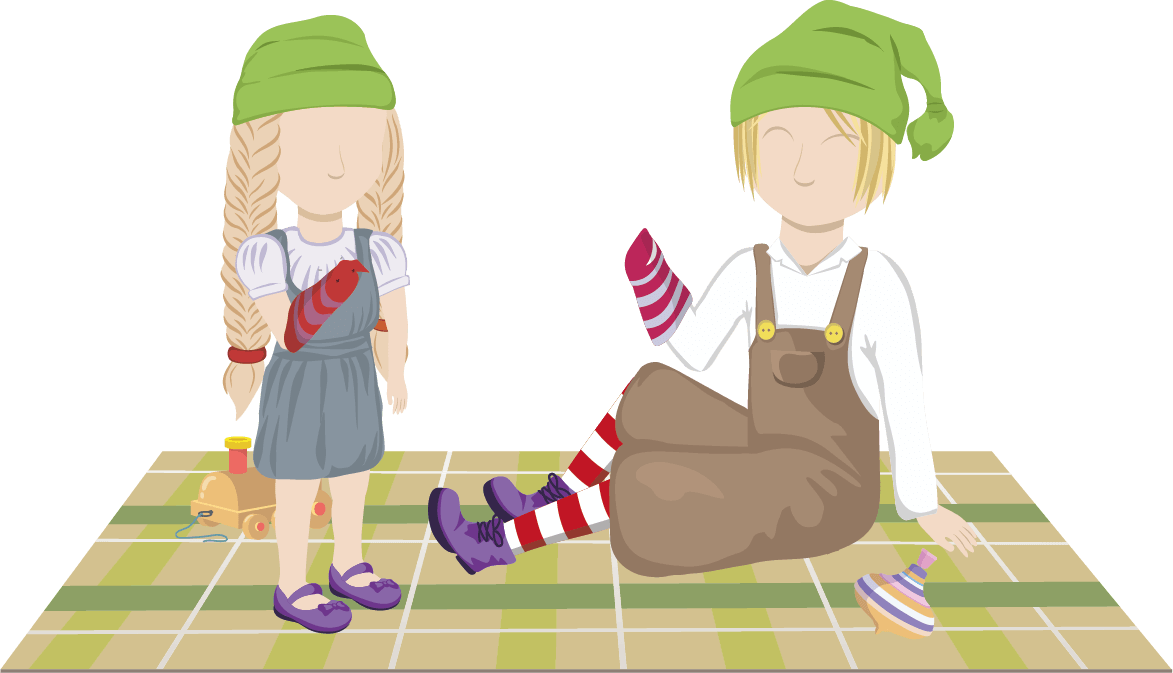












If you grew up watching The Muppetsor other puppet shows, you probably understand just how magical puppets can be for children. However, there are also great developmental benefits that are embraced when we encourage puppet play and puppet theater.The most obvious and important ones are that participation in this activity allows children’s imagination to run free and to gain confidence in self-expression. Often, it’s only through acting out scenarios and storytelling that young children are able to express their inner emotions and gain an understanding of and empathy for others. And that’s not all. Puppet play also supports the development of language, listening, memory and storytelling skills, concentrate, patience, taking turns as well as feeling more comfortable conversing in front of a group. Plus, the creativity kids discover during puppet play can translate easily to other areas of artistic expression such as visual art, music, dramatic play, dance, and so forth. Well, our weekly Puppet Show certainly provides and achieves all above. Each Tuesday, lead character Mr. Lion takes children on a new adventure. We will travel around the world and learn about other countries, explore the oceans and the universe, create characters, stories and mini worlds. So, let’s see what Mr. Lion has in store for us next Tuesday. Shall we?
